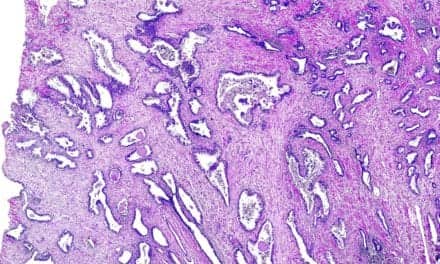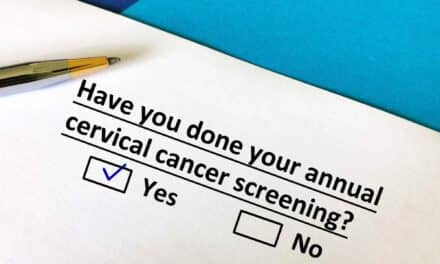A new report by business intelligence provider GBI Research finds that the market for monoclonal antibodies (mAbs) in breast cancer treatment will skyrocket from $4.8 billion in 2012 to $10.9 billion in 2019. GBI speculates that the increase will be driven largely by uptake of two recently approved drugs, Perjeta and Kadcyla, in addition to the escalating growth of pharmaceutical spending in the American market.
For patients in the early stages of breast cancer, mAbs have been successful in inhibiting the Human Epidermal Growth factor Receptor-2 (HER-2), a protein that is overexpressed in 20% to 25% of cases. Survival rates among these patients range from 80% to nearly 100%. However, about three-fourths of patients can’t benefit from mAb therapies, and no effective mAbs currently exist for patients with stage IV metastatic cancer, which is incurable.
“While chemotherapy, surgery and radiation therapy are able to improve outcomes to an extent, mAb products that are currently available in the market are far more effective and safe than chemotherapy in this regard, affording a superior standard of care in suitable patients. The development of these products to provide greater survival benefits to patients diagnosed with metastatic breast cancer is therefore an obvious goal,” says Dominic Trewartha, GBI Research analyst.
The report also outlines the 5 mAbs currently available in the market and analyzes their safety, efficacy, treatment patterns, and strengths and weaknesses. To view more information or purchase the report, visit GBI Research.




